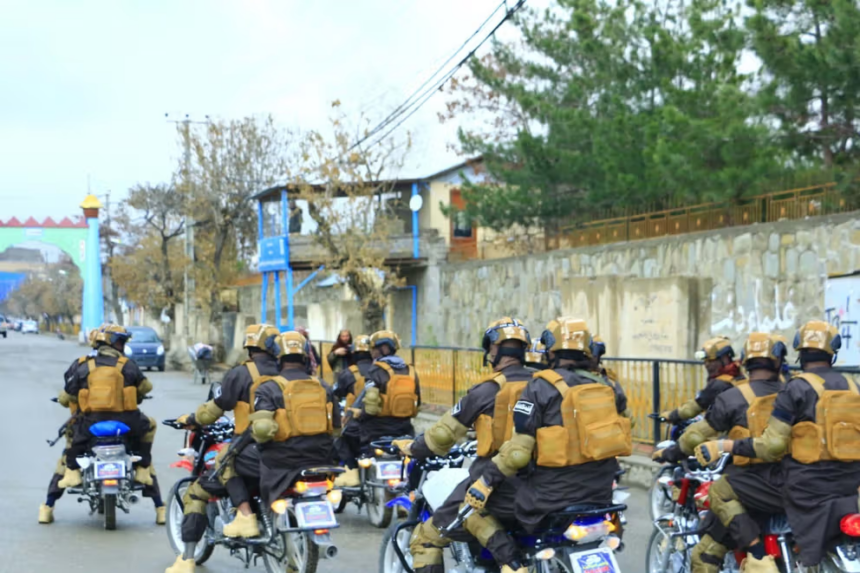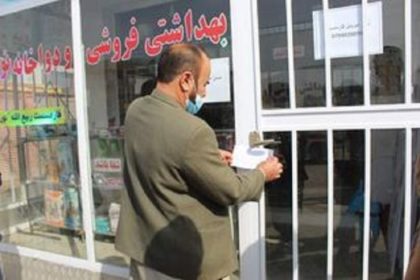RASC News Agency: The Taliban’s Ministry of Interior announced on Thursday, March 27, the deployment of a mobile motorcycle patrol unit in Paktia province, claiming that the initiative aims to enhance security and curb crime. According to the ministry’s statement, a 40-member rapid-response unit on motorcycles will conduct patrols across various districts of Paktia. Taliban officials describe this measure as part of their broader national security strategy, intended to tighten control and reinforce law enforcement in key areas.
Taliban authorities argue that these lightweight and highly mobile patrol units will enable security forces to respond swiftly and efficiently to potential threats and suspicious activities. Notably, the Taliban extensively relied on motorcycles as stealthy, rapid-transport vehicles during their insurgency against the previous government— a tactic they now appear to be repurposing for urban security enforcement. This latest move follows the activation of similar motorcycle patrol units in Badakhshan, Baghlan, Jowzjan, and Nangarhar provinces. Taliban officials have signaled their intention to expand the program nationwide, with additional units set to be deployed in other provinces in the coming weeks.
While the Taliban frames these mobile patrols as a crime-prevention measure, analysts warn that they could serve as yet another mechanism for tightening the group’s grip on power. Given the Taliban’s history of using security forces to impose social control, concerns persist that these patrols may intensify restrictions on civil liberties rather than fostering genuine public safety. As the Taliban expands its security apparatus, a critical question emerges: Will these measures truly bring stability, or will they deepen public discontent and fuel further unrest across Afghanistan?






